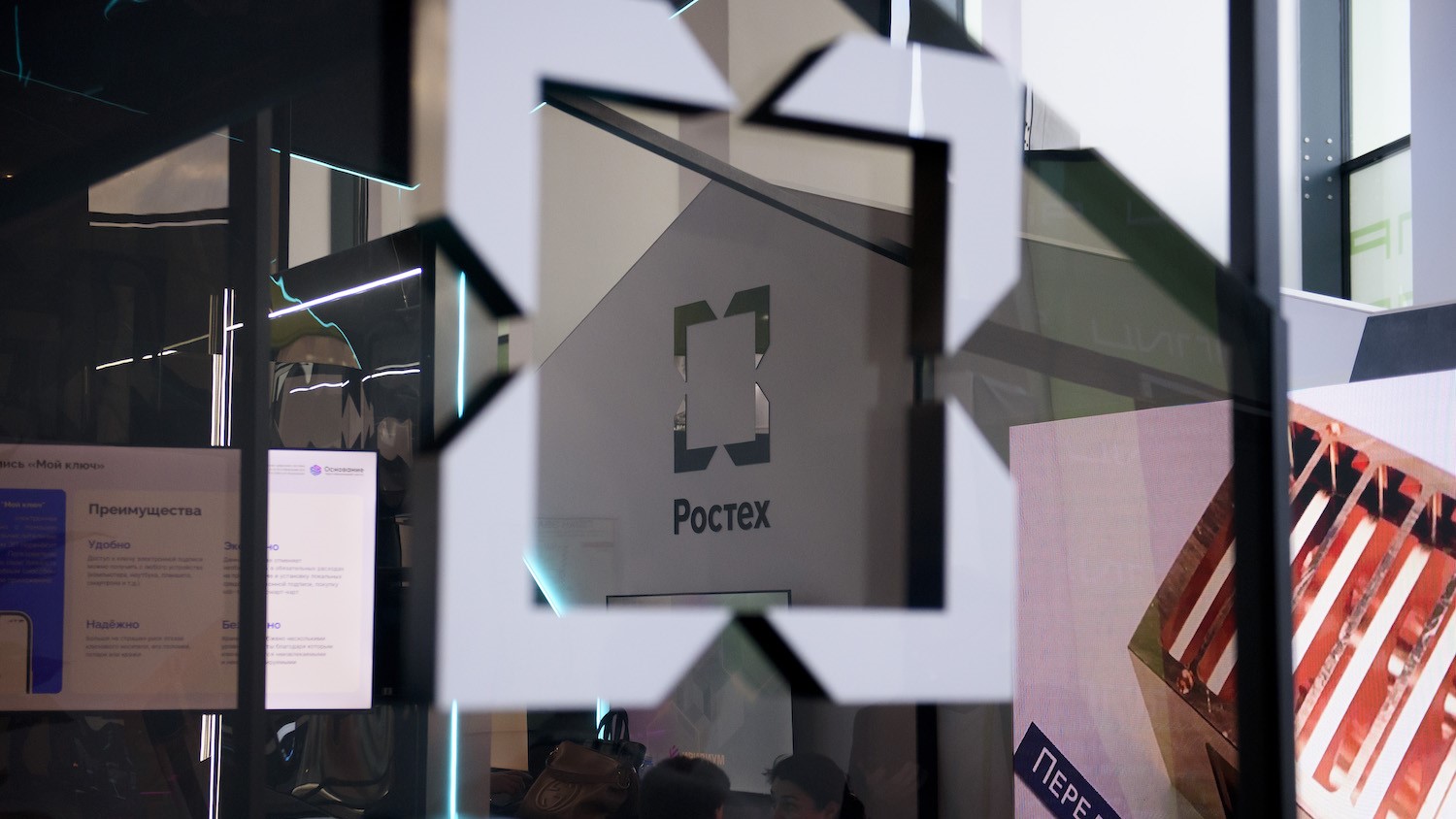
Russian state-owned enterprise Rostec is taking a break from defense contracting and is moving to the mini-PC market. Rostec has announced the finalization of its MP21 computer, a self-proclaimed Raspberry Pi 5 competitor running on an Elbrus 2S3 processor. The problem for Rostec is that TSMC has not manufactured Elbrus chips since Russian sanctions began in 2022.
The MP21 is a 95x95mm mini-PC like a Pi computer, albeit with noticeably larger dimensions. The MP21, the smallest computer ever to be powered by the Elbrus 2S3, will come equipped with up to 8GB RAM and an SSD between 60 and 480GB of non-soldered SSD storage. The mini-computer will consume 40W of power, much more than the Pi 5's maximum 10W in our testing. Russian news outlet CNews requested images of the computer, as well as details on when production will start; Rostec refused both requests.
The Elbrus 2S3, the star of the show, is an alright SoC processor. A dual-core processor on TSMC's 16nm process, the 2S3 can run at up to 2 GHz, doing 196 Gflops. The chip supports up to two channels of DDR4-3200 RAM and PCIe 3.0 and contains a six-core graphics controller and built-in video encoding/decoding units. The SoC is described as extremely secure and was intended to be a budget chip. It is also described as extremely scarce; since Taiwan blocked the export of all processors at 25 MHz or higher in 2022, Russia has not been able to acquire new copies of the TSMC-made chip. Rostec assured CNews that it has many copies of the Elbrus 2S3.
The MP21's intended market is also narrow. While Rostec boasts in its press release of its potential use in aircraft or security systems, a request for comment from CNews was met with the claim that the MP21 is primarily intended for automatic process control in factories. The Rostec state corporation responded to inquiries about stock and supply with: "A small pilot batch has been released; release plans will meet market needs. It is planned to produce thousands of products.”
Rostec and Elbrus have seen a hearty share of disappointments since Russia's offensive on Ukraine began. Since sanctions were imposed, Russia has had serious trouble sourcing computing power. Elbrus's CPUs have been described as "completely unacceptable" by potential bank clients, and Rostec's other computing breakthroughs recently have included an unbuildable 128-core server platform and a self-destructing USB drive; Rostec is also the Russian state's entity for defense and aviation development.







